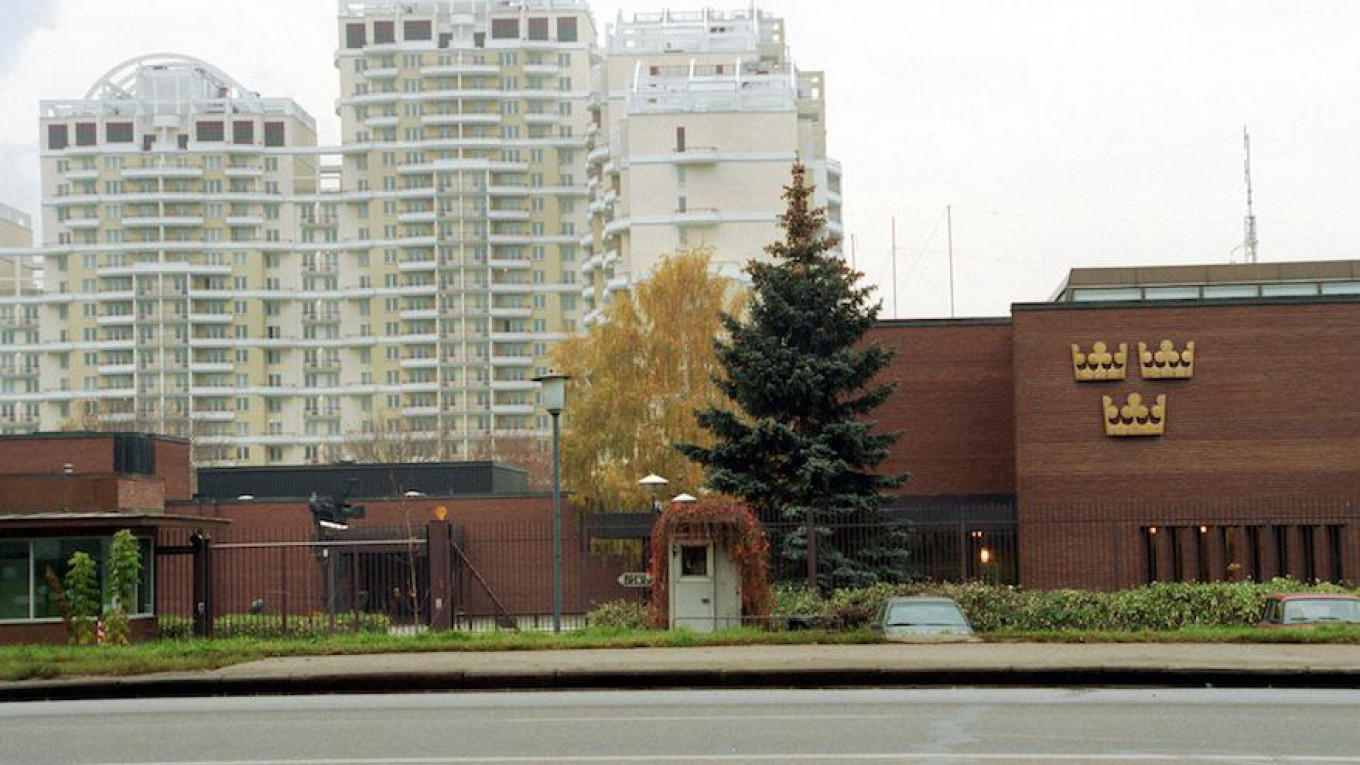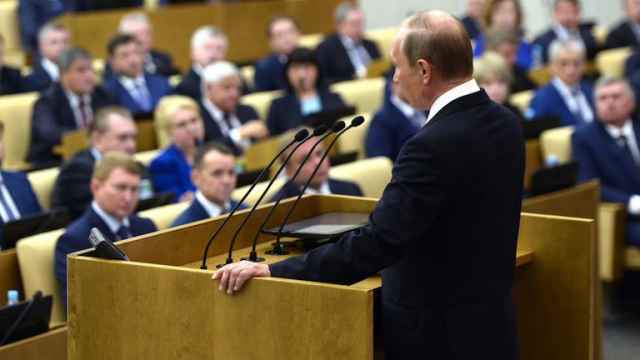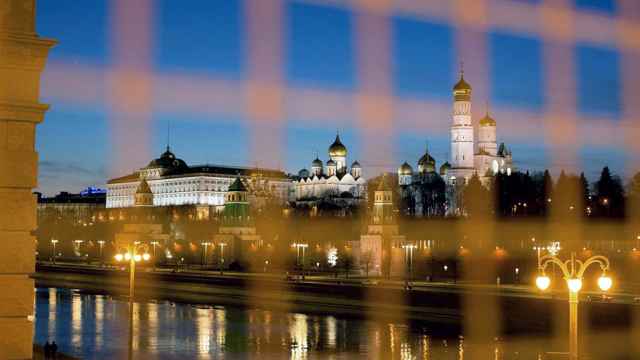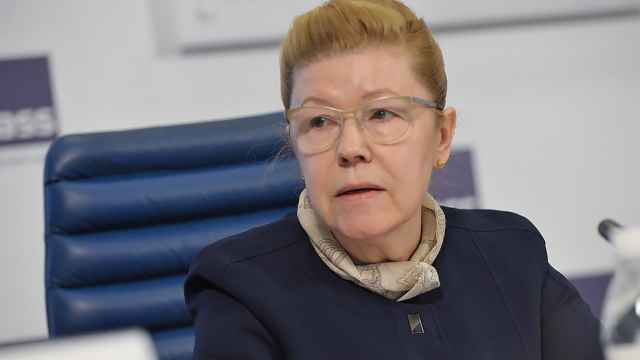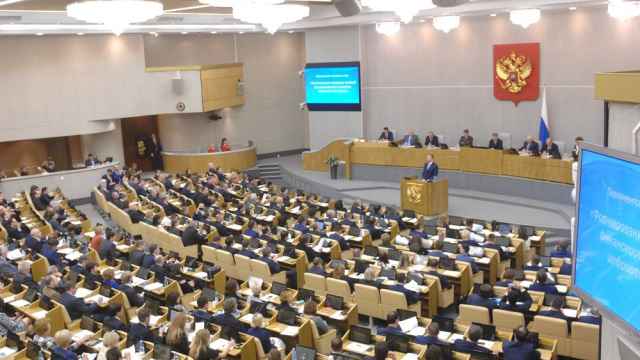More than 80 Russian deputies who lost their seats in Russia’s September parliamentary elections are still living in government-provided accommodations, the RBC news outlet reported Tuesday.
The 86 former deputies were legally required to move out of their apartments on Moscow’s prestigious Ulitsa Ulofa Palme before Dec. 4. However, many of the parliamentarians have delayed moving due to concerns related to their children’s schooling, leaving just 68 apartments free for new deputies. A formal eviction could take up to a year, RBC reported.
New deputies from outside of Moscow are currently living in hotels in the capital, including the Marriott hotel near the Russian Duma and the hotel Metropol close to the Bolshoi Theater.
A standard room in the Marriott Grand in the first half of December costs 14,000 rubles ($220) a night, while a suite costs closer to 60,000 rubles ($941). A standard room at the Metropol costs 21,000 rubles ($329) a night, with an executive suite costing roughly 52,000 rubles ($816).
The Russian Duma is currently meeting all costs for the deputies, who are unlikely to move into government flats before 2017, RBC reported.
The Duma recently purchased a number of apartments in a housing complex on the Varshavskoe highway for elected officials, but the new housing will not meet demand on its own.
The new apartments have also reportedly been rejected by a few of the deputies, who prize the housing on Ulitsa Ulofa Palme for its convenience, size, and “prestige,” RBC reported.
A Message from The Moscow Times:
Dear readers,
We are facing unprecedented challenges. Russia's Prosecutor General's Office has designated The Moscow Times as an "undesirable" organization, criminalizing our work and putting our staff at risk of prosecution. This follows our earlier unjust labeling as a "foreign agent."
These actions are direct attempts to silence independent journalism in Russia. The authorities claim our work "discredits the decisions of the Russian leadership." We see things differently: we strive to provide accurate, unbiased reporting on Russia.
We, the journalists of The Moscow Times, refuse to be silenced. But to continue our work, we need your help.
Your support, no matter how small, makes a world of difference. If you can, please support us monthly starting from just $2. It's quick to set up, and every contribution makes a significant impact.
By supporting The Moscow Times, you're defending open, independent journalism in the face of repression. Thank you for standing with us.
Remind me later.


